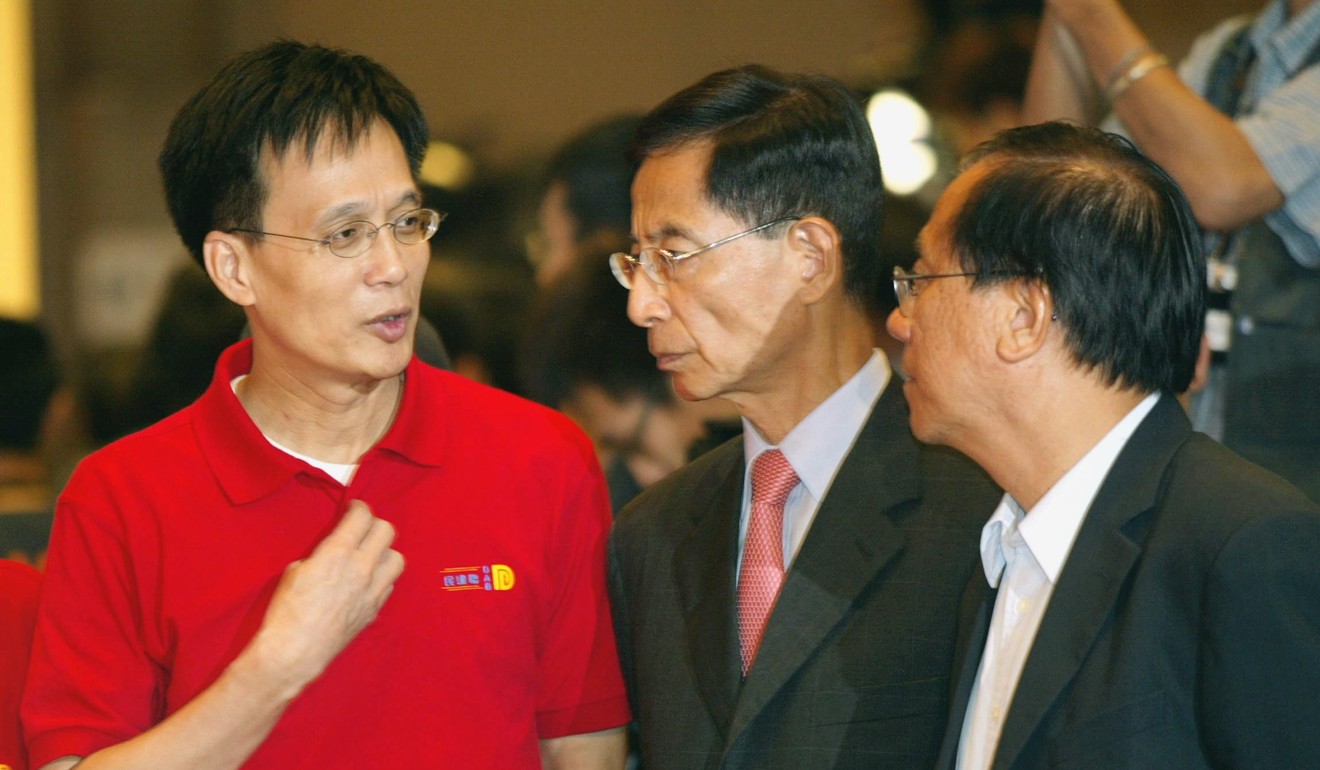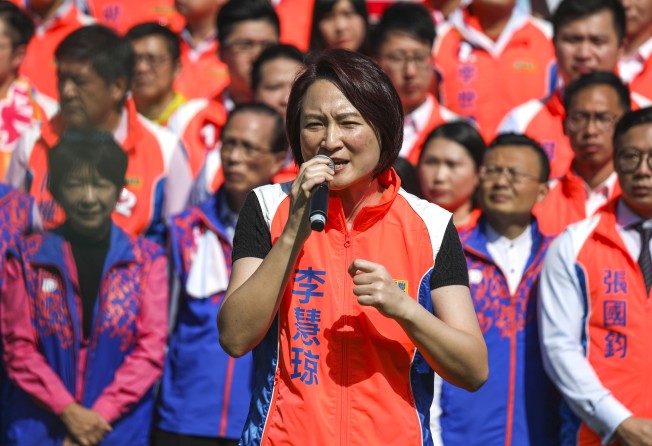
Blind support of the government and ignoring public sentiment leads to a voter backlash. When will the DAB learn?
- The DAB was punished at the polls the last time it sided with the government in its attempt to push through an unpopular mainland-related law. Not only did the party make the same mistake this year, it doesn’t seem to be taking responsibility for its error

The pro-establishment camp’s huge losses in Hong Kong’s district council elections should not have been a shock. Pro-establishment parties were, by and large, resigned to their “fate”. They have fully accepted and even embraced the fact that they end up paying for the government’s wrongs. It was thus in 2003. So, why would it be any different in 2019?
In 2003, the Democratic Alliance for the Betterment of Hong Kong (DAB), which later merged with the Progressive Alliance to form today’s Democratic Alliance for the Betterment and Progress of Hong Kong, lost 21 seats and its founding chairman, Jasper Tsang Yok-sing, who would later become president of the Legislative Council, stepped down.
The party was punished for blindly supporting the Tung Chee-hwa administration’s insistence on enacting a national security law as required by Article 23 of the Basic Law.
It prompted not only a party leadership reshuffle but a process of deep introspection and painful soul-searching. Party leaders were able to reflect and owned up to their mistakes. The party had failed to respond to the public pulse because it had, in the course of “supporting” the government, become deaf to public sentiment.
Tsang’s successor made it a priority for the party to attune itself to the voice of the people and to reposition its relationship with the government. The late DAB chairman Ma Lik identified clearly where the party had gone wrong, vowed to take action and, on the night he took over as party leader, said, “our time will come again”.

And their time did come. The DAB bounced back, beginning with surprise wins in the 2004 Legislative Council election. In the 2007 district council elections, the party won 115 seats, regaining almost twice the number of seats it lost in 2003.
Ma’s words should haunt the DAB; once again, it was destined to fall flat on its face but, this time, it may never recover. The humiliating defeat is much deserved — for years of party members resting on their laurels, for treating the seats of power they occupy as a privilege instead of a responsibility, and for ignoring history and the lessons of the past. Losing 96 seats is no fluke.
The DAB has two representatives, instead of just one in 2003, on the Executive Council. They did nothing to stop the unwise push for the extradition bill, but instead were early and consistent supporters of it.
From 2007 to 2019, the DAB had more than 100 district councillors — whose work requires that they get up-close and personal with ordinary people from all walks of life — and yet, they failed to heed and relay public sentiment to the government.
The party has grown handsomely since 2003, but the way it operates needs fixing. Its political senses have been dulled so much that it appears unable to see its flaws this time.
It is now blaming the extraordinary political headwind for knocking it down, as if the party were collateral damage or a passive victim. The party lying to itself will not lessen its role as the biggest facilitator of Hong Kong’s political crisis.
Party members denying their failures will not pardon them for standing by the Carrie Lam Cheng Yuet-ngor administration as it allowed Hong Kong to descend into anarchy.
Having failed to learn from history, the government and its enabler — the DAB — were doomed. In this sense, they deserve one another.
The DAB deserves a chief executive who basically patted herself on the back for successfully holding the elections. The credit, of course, is not hers to take. Lam and her team of equally non-functioning ministers have basically done nothing, except for occasionally fanning the flames.
Lam, her ministers and the DAB will all have their day of reckoning.
Alice Wu is a political consultant and a former associate director of the Asia Pacific Media Network at UCLA